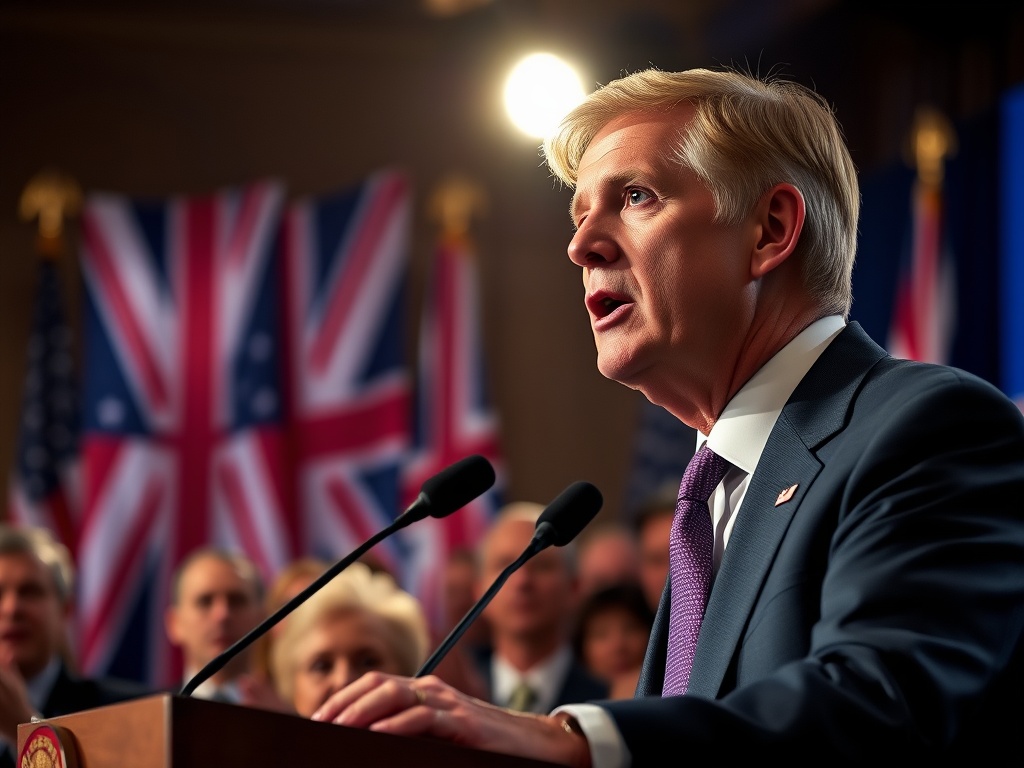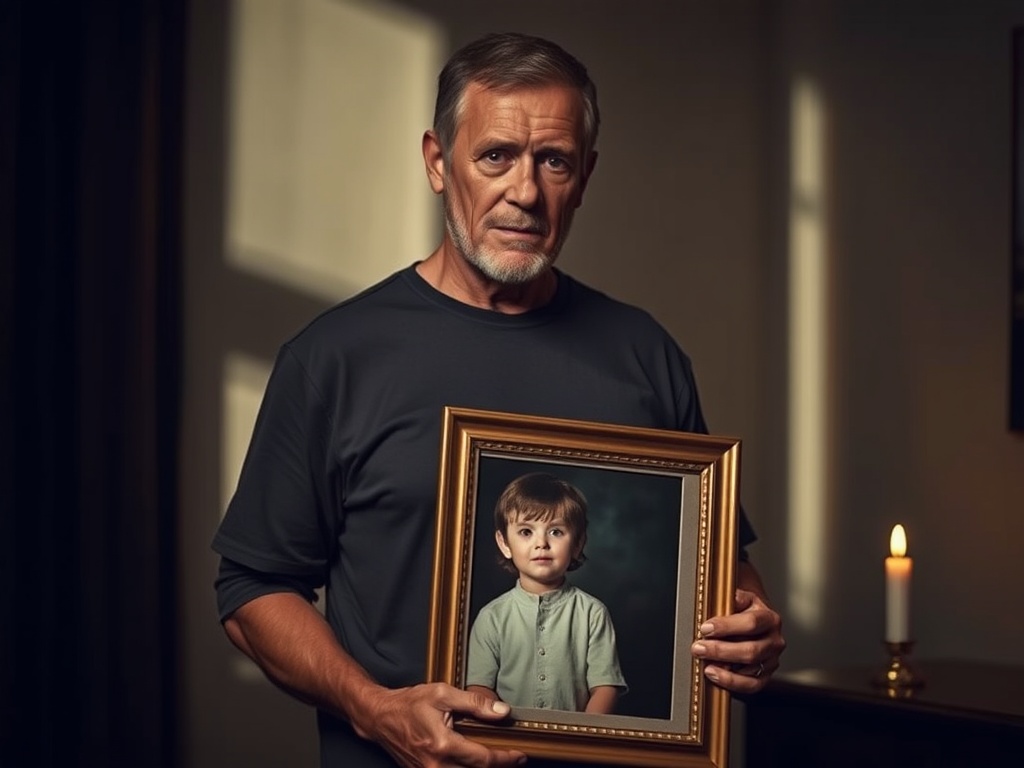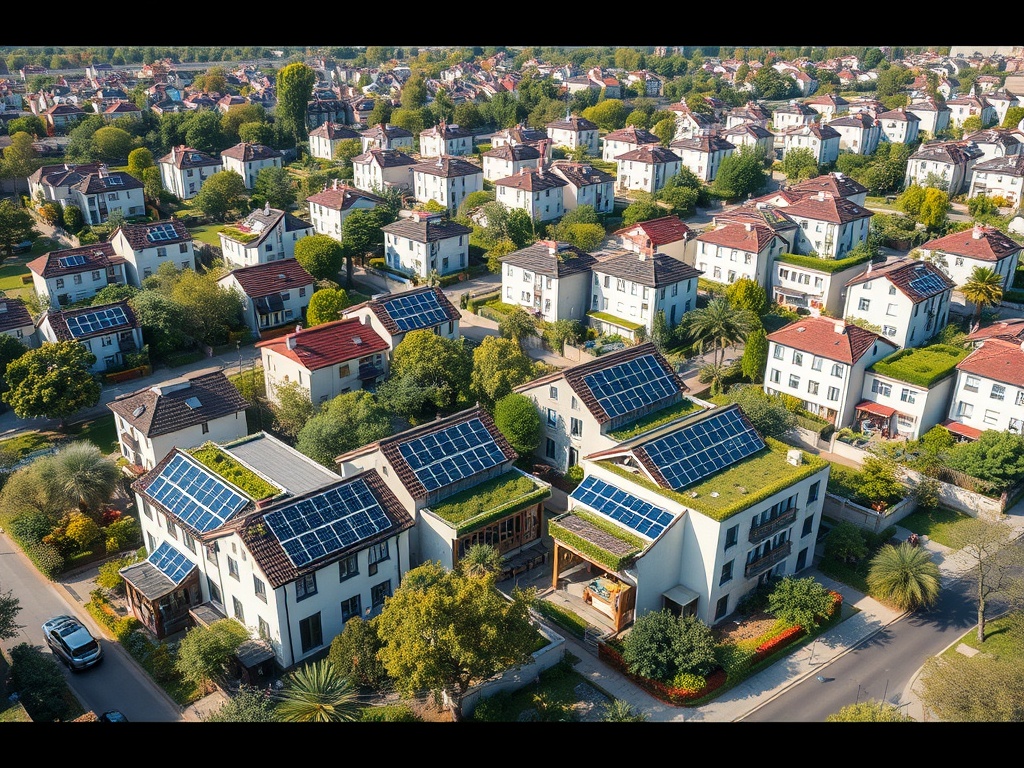Farage’s Rallying Cry at CPAC: A Transatlantic Alliance

WASHINGTON DC — Nigel Farage made a striking entrance at the Conservative Political Action Conference (CPAC), where he addressed a diverse audience adorned with MAGA hats amidst a half-filled auditorium. However, the identity of those present was of little consequence; his message was directed squarely at voters back in the UK.
“We are poised to win the next general election,” he proclaimed passionately during a nine-minute speech that underscored his role in facilitating Brexit. He suggested that Brexit had unleashed a wave that ultimately propelled Donald Trump to his first presidential victory. Now, Farage asserted, that same wave of success was returning to the UK, positioning Reform UK for a potential triumph.
Throughout his address, Farage recounted the personal tribulations he faced in his quest to deliver Brexit, characterizing it as “hell.” Yet, he claimed that such challenges paled in comparison to what Trump endured. “Endless court cases, relentless attacks from the mainstream media, harassment of his family, and even attempts to undermine his financial standing” led Farage to conclude that Trump is “the bravest man I know, and we should all applaud him for his resilience.”
The CPAC conference, held at the National Harbor in Maryland, just outside Washington, is a gathering of right-wing populists from around the globe, advocating for stronger ties and collaborative efforts. Every speech reverberated with praise for Trump, who is scheduled to address the crowd on Saturday.
Farage also lauded American Vice President JD Vance, who recently admonished European leaders for yielding to woke ideologies, and hailed Elon Musk as the “hero” of free speech. However, as Farage critiqued the “left-wing, dreadful” government in the UK, he noticeably skirted around a significant issue: how to confront Trump regarding his controversial stance on Russia’s claims to Ukrainian territory and his disparagement of Ukrainian President Volodymyr Zelensky.
In a discussion on GB News the previous Thursday, Farage acknowledged, “Ukrainian President Volodymyr Zelensky is not a dictator.” However, he insisted, “It’s essential for Ukrainians to establish a timeline for elections.” This sentiment likely won’t be echoed on American soil, reflecting the British right’s hesitance to displease Trump and his allies. Former Conservative Prime Minister Boris Johnson finds himself in a similar predicament, eager to maintain rapport with the administration while being unable to voice dissent. Johnson remarked that Trump’s comments “are not meant to be historically accurate, but to jolt Europeans into action.” This delicate balancing act has left him in an awkward position, necessitating a chiropractor’s intervention.
In contrast, the only British politician seemingly relishing the moment is Liberal Democrat leader Ed Davey. From his position in the opposition, he has been enjoying the opportunity to question others about their stance on Trump’s remarks, while firmly condemning the former president.
Earlier in the day, former Prime Minister Liz Truss took the stage at CPAC. Despite facing diminishing returns from her “I was right all along” media appearances back home, she traveled to the U.S. to preach to the converted. Truss asserted that the UK is “failing” and requires a Make America Great Again movement to revitalize it. This sentiment was predictably received.
However, the most intriguing point she raised, which resonates even among mainstream politicians in Westminster, was that British voters are observing the rapid changes occurring in the U.S. and aspire to emulate them. “We witness Donald Trump signing executive orders, and we desire some of that,” she stated at the conference.
We currently find ourselves at the zenith of the argument advocating for strongman governance. Two political titans, one in the White House and the other in the Grand Kremlin Palace, are asserting their dominance, effectively dividing Ukraine’s territory and resources between themselves.
Yet, there lies a danger in dismantling parliamentary democracy and its accompanying structures, however frustratingly slow they may be. These institutions provide necessary checks and balances against those who may make impulsive decisions, such as implementing unfunded tax cuts, to cite one example.
Even Truss hesitates to fully endorse Trump’s more inflammatory statements, particularly those concerning Zelensky. While she refrained from mentioning Ukraine in her CPAC speech, she earlier expressed on Talk TV that if Putin “succeeds in being rewarded for invading Ukraine, he will not stop there; that poses a threat to everyone in Europe.”
Diplomatic circles are actively preparing for the upcoming visit of Prime Minister Sir Keir Starmer to Washington next week, strategizing how to navigate potential flashpoints. It is expected that he will continue his approach of de-escalating tensions. He will likely find support from Emmanuel Macron, the French president, who is making a simultaneous visit.
However, there is a limit to how long politicians can tread carefully in the face of such obstinance. Trump’s insistence that black is white is growing increasingly untenable. If Trump’s political allies are unable to voice opposition directly, will Starmer and Macron rise to the occasion and deliver the necessary rebuke?




